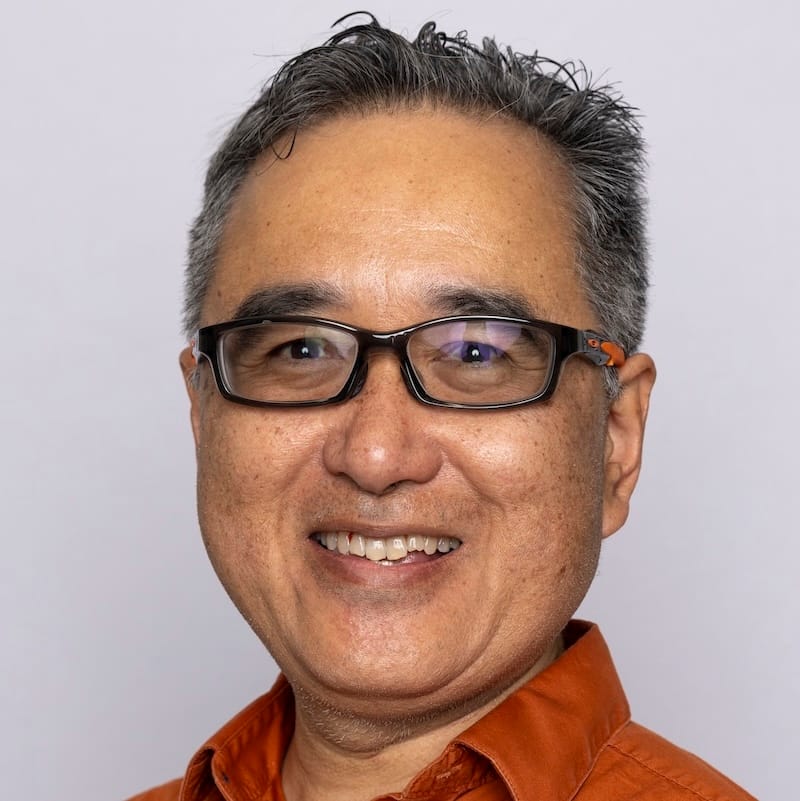戴杜衡
https://zh.wikipedia.org/wiki/戴杜衡 ~ Chinese wikipedia entry
戴杜衡先生紀念集—紀念一位乎取自由民主的周士戴杜衡先生新關獎學企委員會印行
Commemorative Anthology of Mr. Dai Du-Heng: Remember a Democracy and Freedom Fighter. By Li Zhan 李瞻 and Zhao Ting-jun 趙廷俊. Dai Du-Heng Journalism Scholarships Foundation Committee; February 2001; 363 pages; (free) not for sale.


戴杜衡 Dai Du-Heng, a thinker, writer, literary critic, syndicated columnist and a pioneer freedom fighter in Taiwan, died on November 17th 1964, aged 58. The collection included Du’s “Liberty Without Prejudices,” “Story Writing Techniques,” news reports and articles honoring his literary legacy. The most interesting period of Du’s life coincided with the rise of Chinese communism and after the defeat and retreat of the KMT to Taiwan. Du moved away from anti-communism, to which he had almost given allegiance in the 1930s, and subsequently played an important part in preventing the KMT from using the media as a political vehicle in post war Taiwan.
More about Dai Du-Heng
This article, 戴杜衡先生作品: 免於偏見的自由, described his specializing in international relations, literature, sociology and mathematical economics. He was erudite and had a wide range of interests. During the martial law period in Taiwan in the 1940s, he advocated freedom of the press, democratic politics, and free economy. He was a famous contemporary thinker, writer, and political commentator. (in English via Google Translate)
Pseudonymns of Dai Kechong
from: “Modernism” in Modern Chinese Literature: The “Third Type of Person” as a Figure of Autonomy by Sean Macdonald. Canadian Review of Comparative Literature 29 (2011): n. pag.
Su Wen and Du Heng were both pseudonyms of Dai Kechong, who was born in the city of Hangzhou, Zhejiang province.
Dai Kechong’s life can perhaps only be understood within the complex political and cultural context of the 1920s and 1930s in China. Shi Zhecun claims Dai Kechong, Dai Wangshu (Dai Meng’ou, 1905-1950) and he all became members of both the Communist Youth and the Guomindang in 1925. Political affiliations aside, all three were enrolled in Aurora University, a Jesuit run institution in Shanghai, to study French in the mid-1920s. While they were students at Aurora, the three friends would publish a literary journal entitled Yingluo (Necklace) that lasted four issues. Despite Dai Kechong’s later associations as anti-communist, when the Guominzhengfu were rounding up suspected communists before the purges of 1927, Dai Wangshu and Dai Kechong were both held and questioned in a jail overnight until Dai Wangshu was able to get in touch with the influential father of one of their classmates to secure their release (see ‚Zhengdan ernian‛ [Two Years at Aurora], Shi 1995, 4-11; also, see Trumbull 21-23). In the early 1930s, Dai Kechong worked with Shi Zhecun as assistant editor of Xiandai (Les Contemporains).
However, especially after the ‚third type of person‛ debate, Dai seems to have had his back against the wall in Shanghai. During the Sino-Japanese War (1937-1945), Dai Kechong worked as a newspaper editor in Hong Kong. Dai would convert to Catholicism when he was concealed in a catholic church during the occupation of Hong Kong by Japanese forces. After the war, Dai Kechong worked for the Guomindang organ Zhongyang ribao (The Central Daily), first in Chongqing, then Nanjing, and finally, after the paper moved there in 1948, in Taiwan. Although Dai Kechong would be painted with a pro-Guomindang brush, so to speak, in 1953 he lost his post at The Central Daily for political reasons.
After leaving The Central Daily, Dai wrote and edited for numerous newspapers and periodicals in Taiwan including Ziyou Zhongguo (Free China) until his death from emphysema in 1964. Aside from his work as an editor and critic (and a very polemical one at that), Dai published three volumes of short stories and two novels, Pantu (Traitor, 1936), and Xuanwo liwai (Inside and Outside the Vortex, 1937). He also published translations of Oscar Wilde’s The Picture of Dorion Gray, and Anatole France’s Thaïs.
But Dai Kechong is perhaps best known under the pseudonym Su Wen for his contribution to the ‘third type of person‛ debate in the early 1930s in Shanghai, one of the most important debates of the League of Left-Wing Writers.
